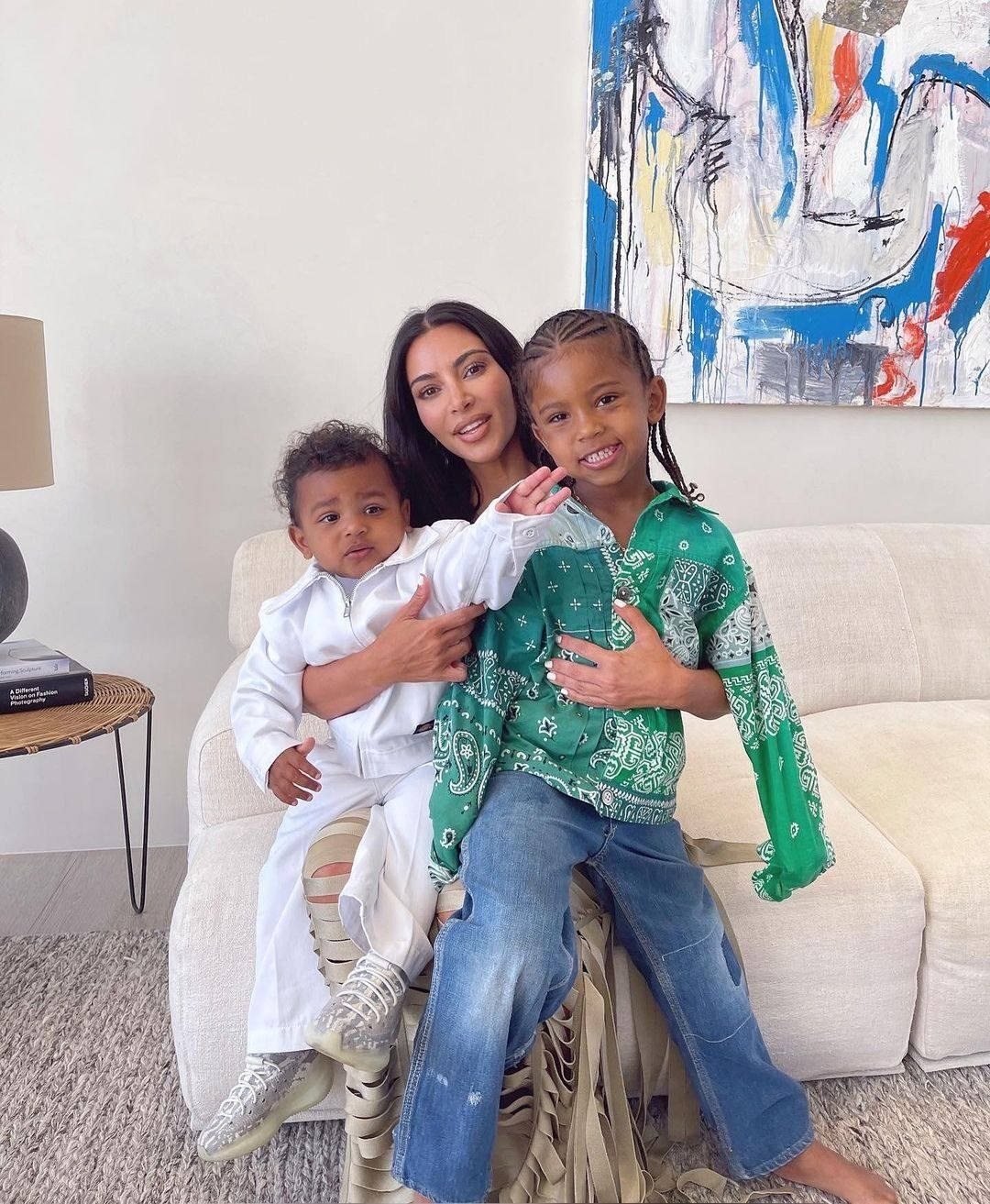For over a decade, Kim Kardashian has remained at the epicenter of pop culture—polarizing, influential, and undeniably iconic. From tabloid covers to Forbes lists, she has evolved from a reality TV star into a beauty mogul, entrepreneur, and fashion tastemaker. But perhaps one of her most transformative impacts has been on the red carpet—a place once reserved for old Hollywood glamour, now reshaped by Kardashian’s unapologetic embrace of bold, body-conscious fashion.
### Breaking the Mold

Before Kim, the red carpet followed certain unspoken rules. Actresses and celebrities were expected to choose traditional silhouettes, timeless elegance, and subdued tones—playing it safe for fear of backlash. Kim Kardashian shattered that mold. Her rise coincided with the era of Instagram and instant virality, and she used this to her advantage, bringing fashion that was not only daring but also instantly memorable.

Wearing figure-hugging gowns, sheer fabrics, and futuristic cuts, Kim introduced a new kind of red carpet presence—one that celebrated the female form and leaned heavily into her signature aesthetic: sexy, sculpted, and high-glam. Her 2019 Met Gala “wet look” by Thierry Mugler, which took eight months to create, redefined fashion risk-taking. It wasn’t just a dress—it was performance art.
### The Mugler Moment and Beyond

That Mugler dress, clinging to her body with water-droplet crystals, made headlines globally. It showcased not only her devotion to fashion but her power to resurrect legacy designers and shift trends overnight. After the Met Gala, Mugler, once considered a nostalgic brand, became a buzzword among Gen Z. Kim’s influence, it seemed, wasn’t just about what she wore—but how she wore it and what it meant.

She has since worked with Balmain, Balenciaga, Givenchy, and more, often collaborating with creative directors to tailor pieces that reflect both her personal brand and the cutting edge of high fashion. Even her more controversial looks—like the all-black, faceless Balenciaga bodysuit at the 2021 Met Gala—sparked widespread discussion about anonymity, identity, and performance in fashion.
